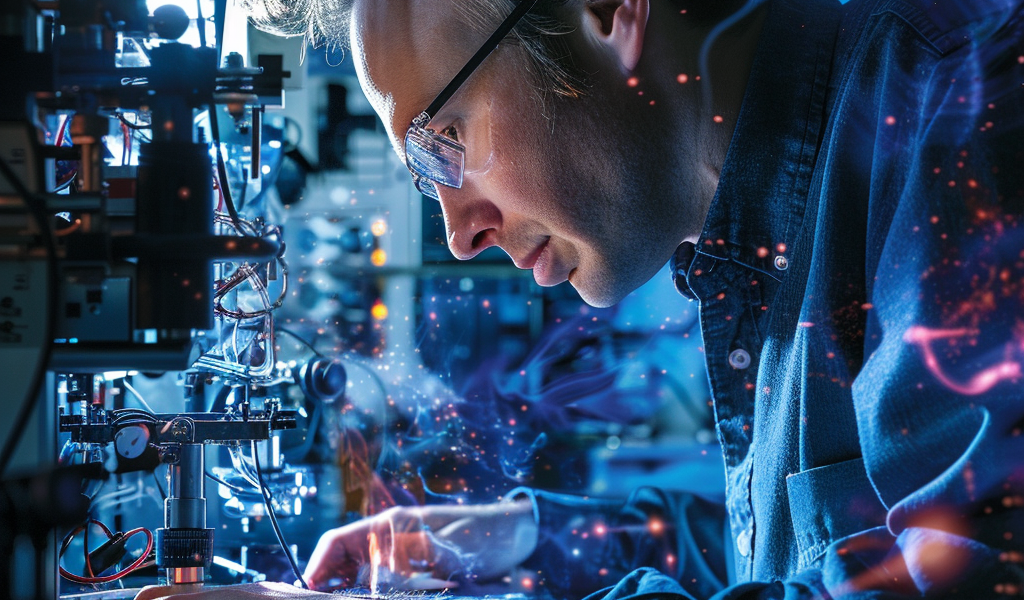Astrophysicist Leads Development of Groundbreaking Space Probe for Gravitational Wave Detection
A theoretical astrophysicist at West Virginia University is leading the development of a groundbreaking space probe aimed at detecting and measuring gravitational waves – disturbances in the fabric of space and time. Sean McWilliams, an associate professor of physics and astronomy, is spearheading this effort with support from NASA’s Established Program to Stimulate Competitive Research.
The project, named the Laser Interferometer Space Antenna (LISA), will mark the first dedicated space-based gravitational wave observatory. With the ability to measure binaries across a wide range of masses, LISA is set to revolutionize our understanding of the universe.
Gravitational waves, initially theorized by Albert Einstein in 1916, can be generated by cataclysmic events like the collision of black holes and neutron stars, as well as the explosion of massive stars and remnants of radiation from the Big Bang. McWilliams and his team will focus on studying the inspirals of stellar-mass binaries that are on track to merge, along with massive binaries at the cores of merging galaxies.
McWilliams emphasized the importance of accurate modeling to ensure that LISA’s observations are not limited by detector noise. The project aims to make significant advancements in modeling accuracy to enable groundbreaking scientific discoveries.
Comparing LISA to the Laser Interferometer Gravitational-Wave Observatory (LIGO), McWilliams highlighted the unique capabilities of the space-based observatory. LISA will have the ability to observe supermassive black-hole binaries, providing valuable insights into their environments and evolutionary history.
One of the key aspects of the project is the development of the ‘backward one-body method,’ a mathematical formula devised by McWilliams. This method will play a crucial role in enhancing the accuracy of modeling gravitational wave phenomena.
Scheduled for launch in 2035, LISA holds the promise of unlocking new frontiers in astrophysics and cosmology. By expanding our ability to observe celestial events beyond the limitations of traditional ground-based detectors, LISA is poised to revolutionize our understanding of the cosmos.





